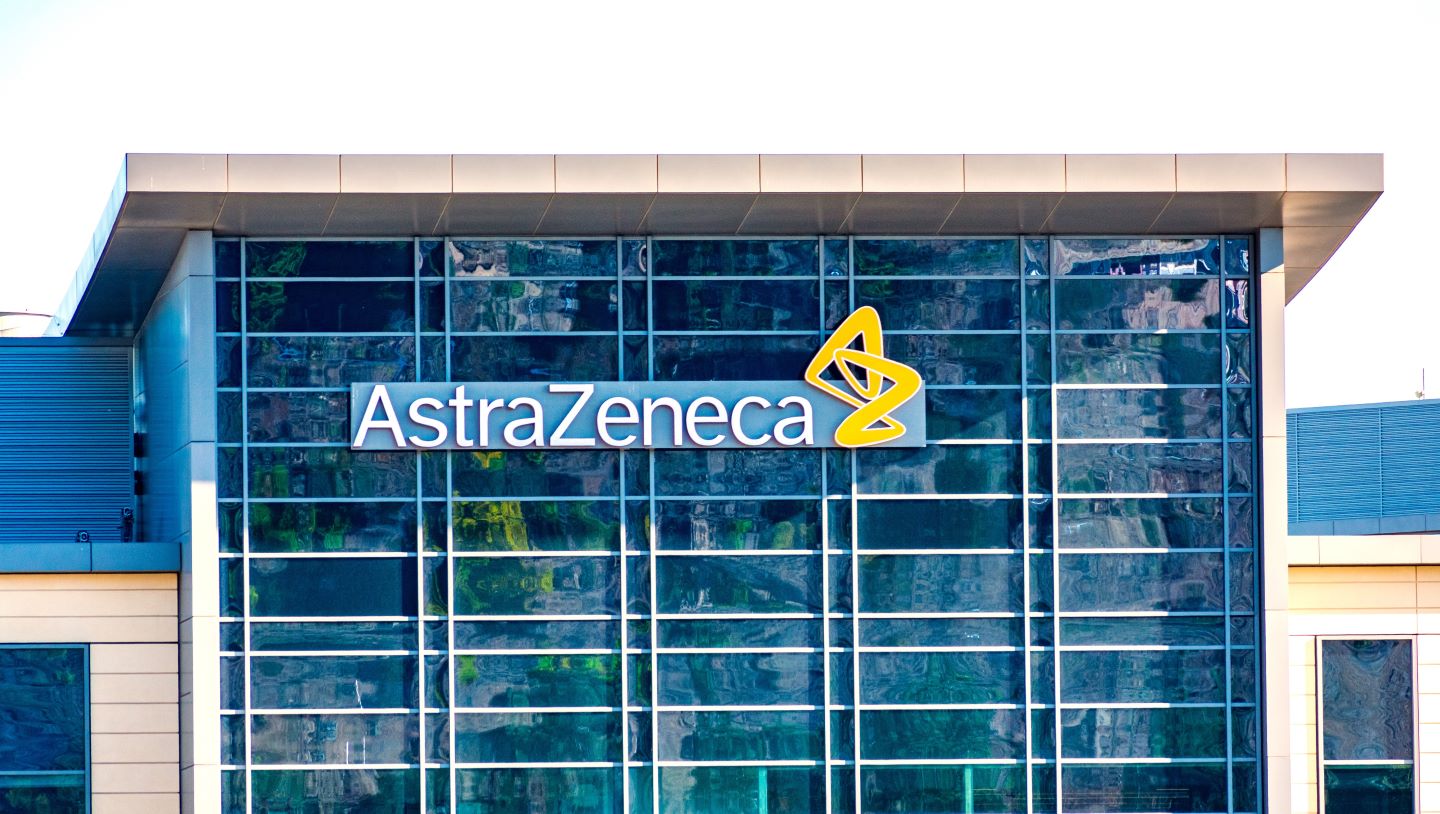
AstraZeneca has reported positive data from the EMERALD-1 Phase III trial of its human monoclonal antibody Imfinzi (durvalumab) plus TACE and bevacizumab, which demonstrated a progression-free survival (PFS) improvement in patients with unresectable hepatocellular carcinoma (HCC).
The double-blind, randomised, multicentre, international, placebo-controlled trial involved 616 subjects with unresectable HCC and are eligible for embolisation.

Discover B2B Marketing That Performs
Combine business intelligence and editorial excellence to reach engaged professionals across 36 leading media platforms.
It was carried out across 157 centres in 18 countries, including Australia, North America, Europe, South America, and Asia.
PFS was the trial’s primary endpoint for Imfinzi combination regimen compared to TACE alone.
Secondary endpoints of the study comprised overall survival (OS), outcomes reported by patient and objective response rate (ORR).
According to the trial findings, subjects who received the Imfinzi combination experienced a median PFS of 15 months versus 8.2 months for those who received TACE alone.

US Tariffs are shifting - will you react or anticipate?
Don’t let policy changes catch you off guard. Stay proactive with real-time data and expert analysis.
By GlobalDataDisease progression or mortality risk was reduced by 23% in the Imfinzi group.
The secondary endpoint of time to progression (TTP) backed the clinical benefit of the treatment, showing a median TTP of 22 months versus ten months for TACE alone.
Imfinzi plus TACE and bevacizumab regimen’s safety profile was found to be generally manageable and in line with that reported for individual drugs.
AstraZeneca Oncology R&D executive vice-president Susan Galbraith said: “With Imfinzi-based treatment, patients with liver cancer eligible for embolisation lived nearly seven additional months before their disease progressed.
“We are discussing these positive EMERALD-1 data with global regulatory authorities while awaiting the final overall survival results from the trial.”
The latest development comes after the company reported positive findings from the long-term extension (LTE) period of its Phase III ALPHA trial of danicopan to treat paroxysmal nocturnal haemoglobinuria (PNH) with extravascular haemolysis (EVH).
In the trial, the combination regimen was shown to offer clinical benefit in trial subjects with observed improvements in mean haemoglobin levels and absolute reticulocyte count (ARC) levels.





